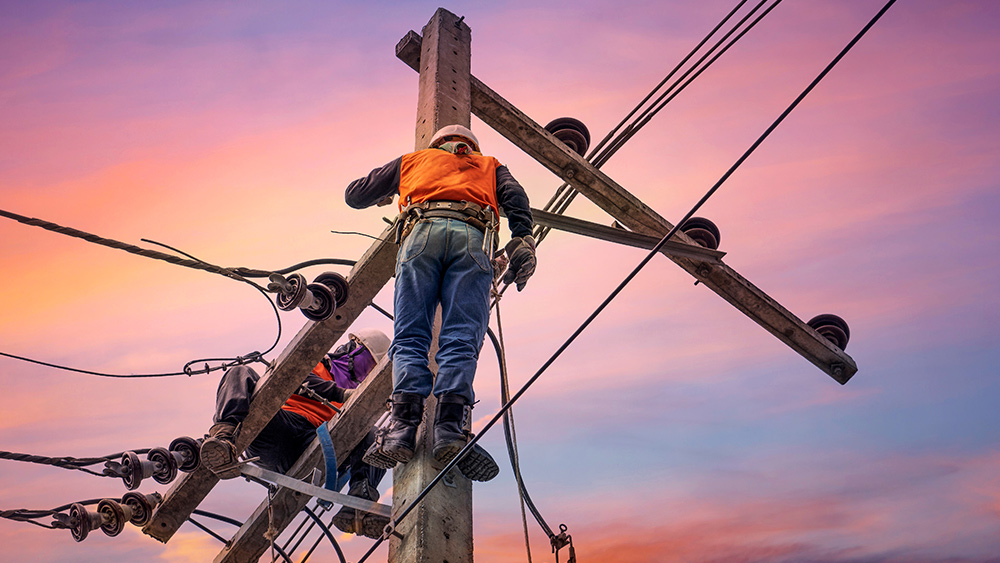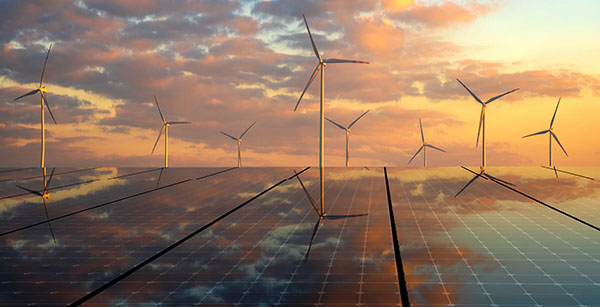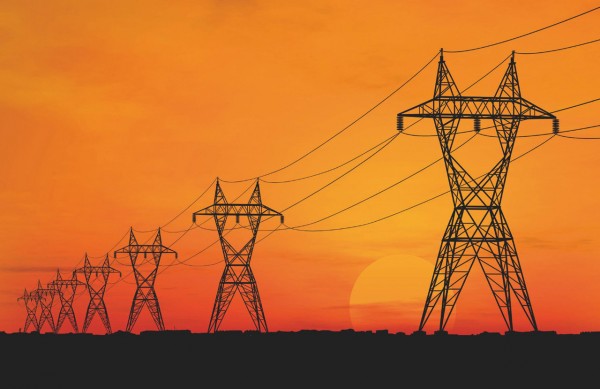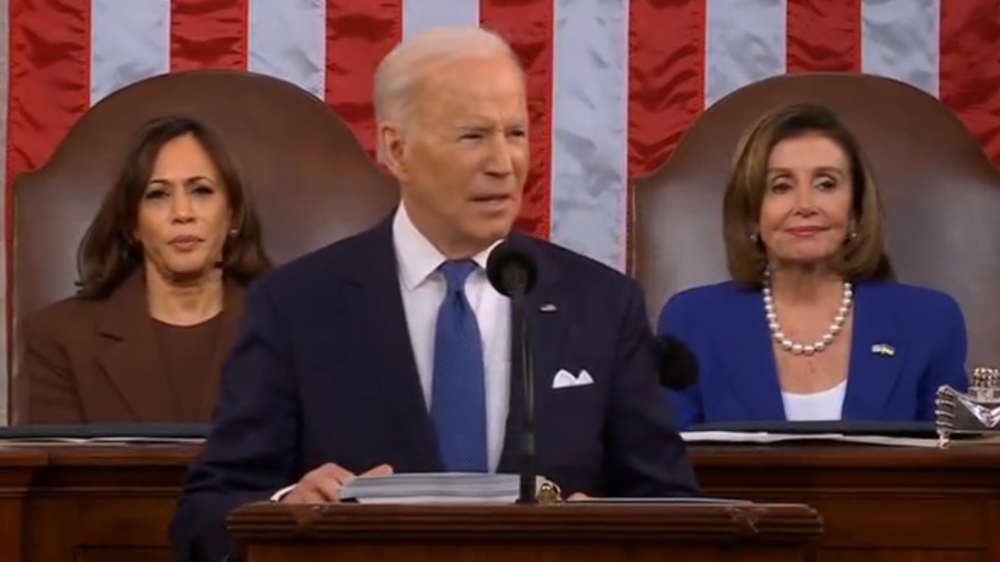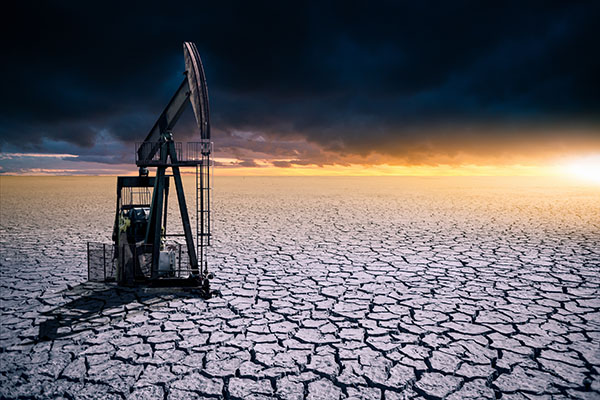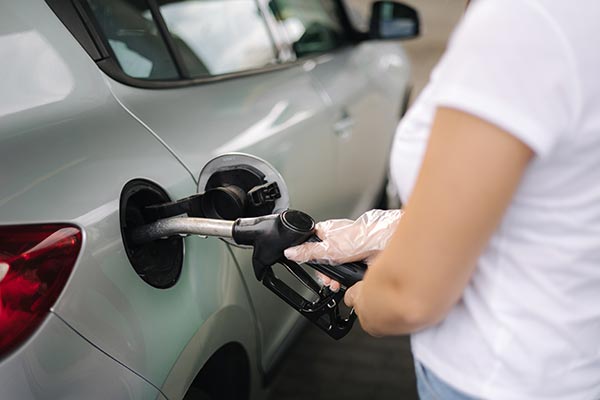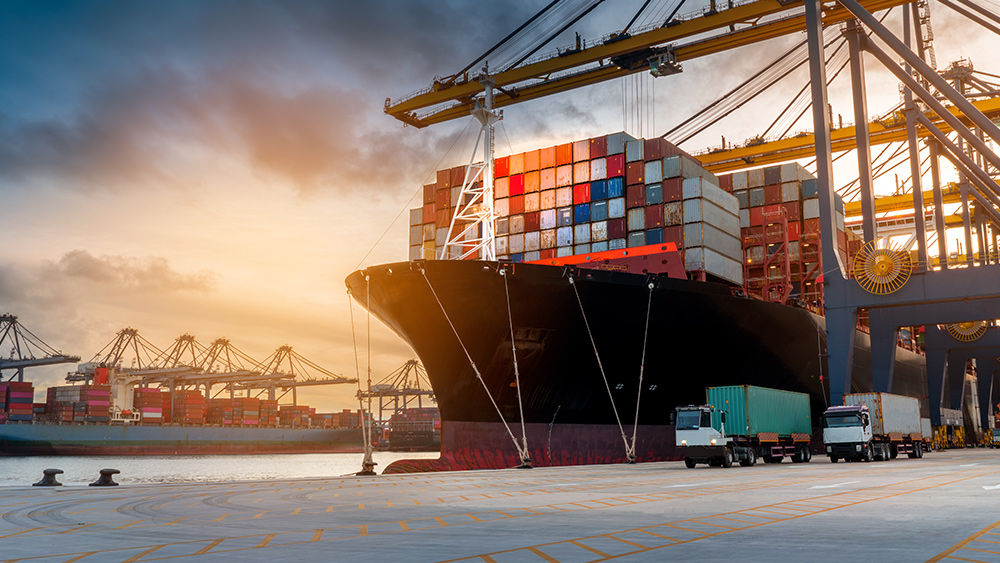German gov’t plans to subsidize UP TO 80% of energy costs for certain industries
05/12/2023 / By Kevin Hughes
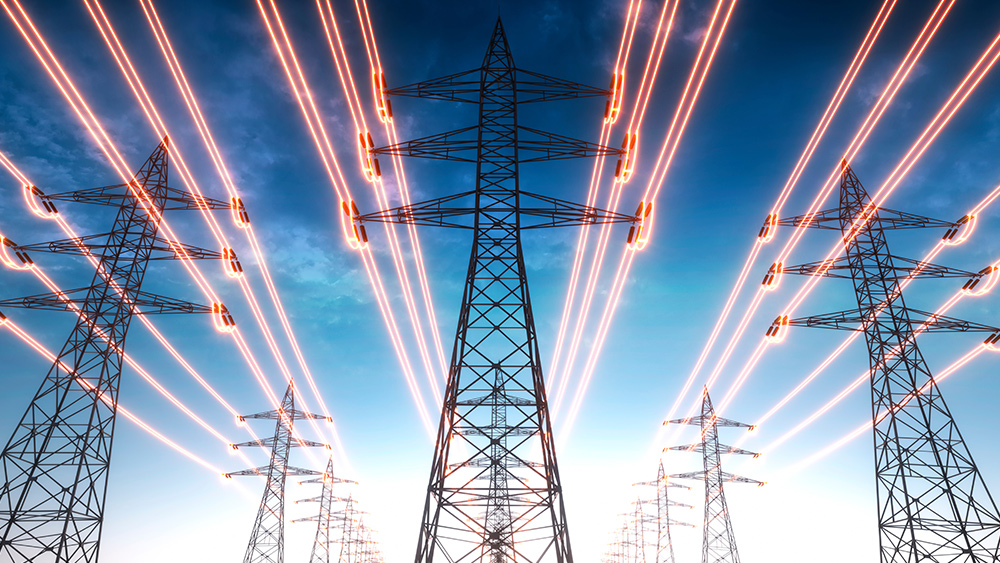
The German government plans to shoulder up to 80 percent of energy costs for certain industries, amid the country’s energy crisis caused by failed green policies and over-reliance on Russian gas.
Economic Affairs and Climate Action Minister Robert Habeck put forward the plan, which would see German industries pay a subsidized electricity price of €0.06 ($0.66) per kilowatt hour (kWh) until at least 2030. At present, the average electricity cost for businesses in Germany stands at about €0.25 ($0.27) per kWh including taxes.
German state broadcaster Deutsche Welle reported that under Habeck’s proposal, taxpayers will shoulder energy costs for these industries. Between €25 billion ($27.43 billion) and €30 billion ($32.92 billion) will be charged to the German people. Nevertheless, this number could increase depending on the international price of energy, which can be greatly affected by world events such as the Russia-Ukraine war.
Habeck’s proposal is not without opposition, however, given that Chancellor Olaf Scholz’s “traffic light” coalition government is becoming steadily divided on economic issues. Finance Minister Christian Lindner expressed his opposition to “extremely expensive subsidies,” which he called unfair and inefficient.
Meanwhile, a spokesman for Scholz said he believed in “electricity prices that industry and consumers can afford without being permanently subsidized.” He added: “We now have to discuss exactly how to get there.”
Outside of Berlin, Habeck’s suggestion may receive some pushback at Brussels as the European Commission often has the final say on the issue of state subsidies. Some nations within the bloc are also projected to oppose the move, given that it would make an unfair competitive benefit over their own domestic industries.
Berlin’s pivot to green energy caused the problem
Habeck’s plan seeks to aid German manufacturers in sectors such as chemicals, steel, metal and glass. It also aims to encourage European investment in industries seen as critical to decreasing the European Union’s (EU) dependence on China, such as the production of solar panels and semiconductors. German manufacturers have long grumbled about high industrial electricity prices, especially after they increased following the war in Ukraine.
However, some have blamed the requirement for business subsidies on Berlin’s continuing promotion of green sources of energy such as wind and solar. The weakness of this green policy became known to all when Germany suffered under uncontrolled inflation, erasing tens of billions of euros from its economy. People and businesses were forced to ration their energy usage.
Germany progressively relied on natural gas imported from Russia to compensate for the shortcomings of green energy. But the move elicited a warning from former U.S. President Donald Trump about Berlin becoming a “captive” of Moscow.” This came to fruition when Russia totally shut off gas flows to Germany following the conflict in Ukraine. (Related: Germany’s energy collapse hastens as major power plant runs out of hard coal because country depends largely on Russian gas and good weather for power.)
Despite the loss of gas imports, Scholz continued the plans of his predecessor – former German Chancellor Angela Merkel – to shut down Germany’s remaining nuclear power stations.
“How much more evidence is necessary to see the absolute cluelessness in energy questions of the German government? Maybe they should have discussed this before shutting down their entire nuclear fleet,” remarked Ralph G. Schoellhammer, assistant professor of international relations at Webster Vienna Private University.
Follow Electricity.news for more news about the energy crisis happening in Germany.
Watch this video about Germany’s €65 billion ($70.9 billion) package to curb soaring energy costs.
This video is from the Chinese taking down EVIL CCP channel on Brighteon.com.
More related stories:
Germany to nationalize struggling energy firm Uniper amid worsening financial crisis.
Study: Germany’s power grid on the brink of collapse.
Sources include:
Submit a correction >>
Tagged Under:
big government, bubble, collapse, debt collapse, economic riot, electricity, energy shortages, energy supply, finance riot, Germany, government debt, government subsidies, Green New Deal, industries, investments, market crash, money supply, national debt, renewable energy, risk, Robert Habeck, taxes
This article may contain statements that reflect the opinion of the author
RECENT NEWS & ARTICLES
COPYRIGHT © 2022 FuelRationing.news
All content posted on this site is protected under Free Speech. FuelRationing.news is not responsible for content written by contributing authors. The information on this site is provided for educational and entertainment purposes only. It is not intended as a substitute for professional advice of any kind. FuelRationing.news assumes no responsibility for the use or misuse of this material. All trademarks, registered trademarks and service marks mentioned on this site are the property of their respective owners.



